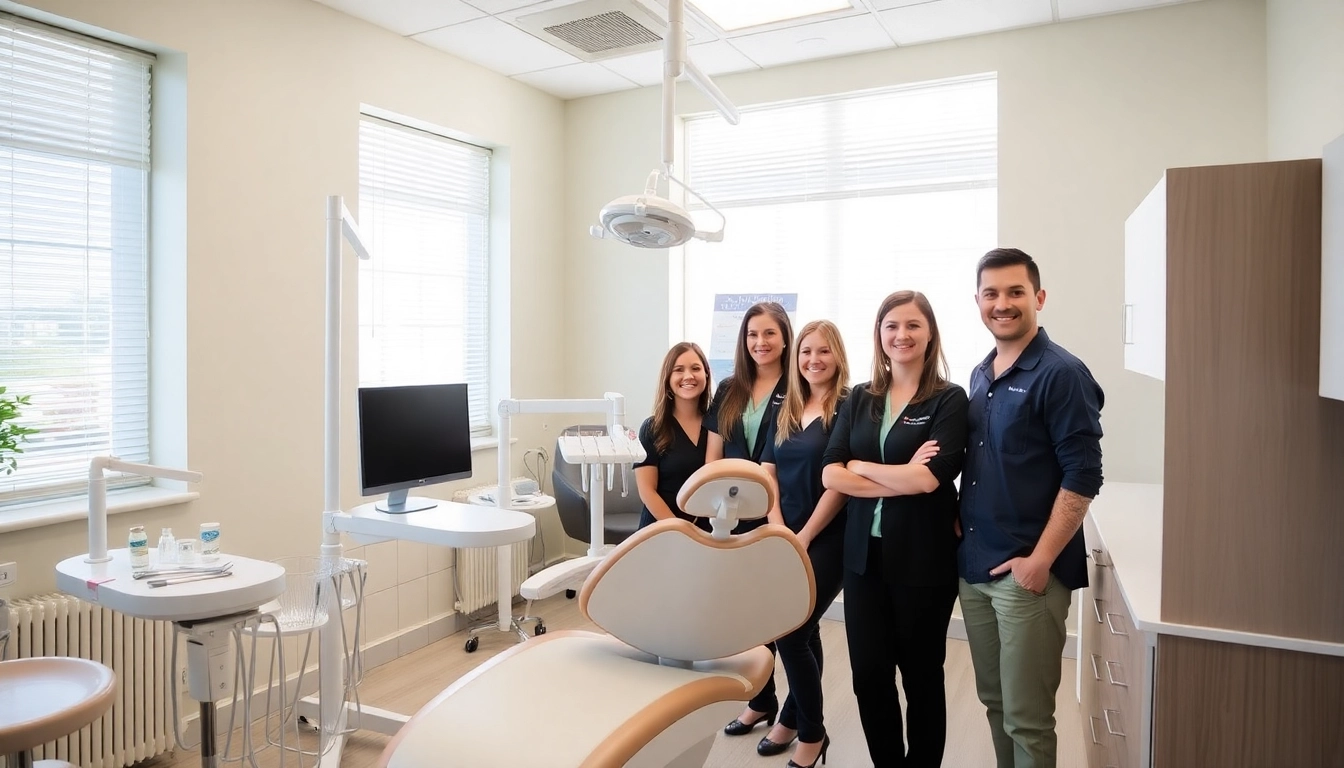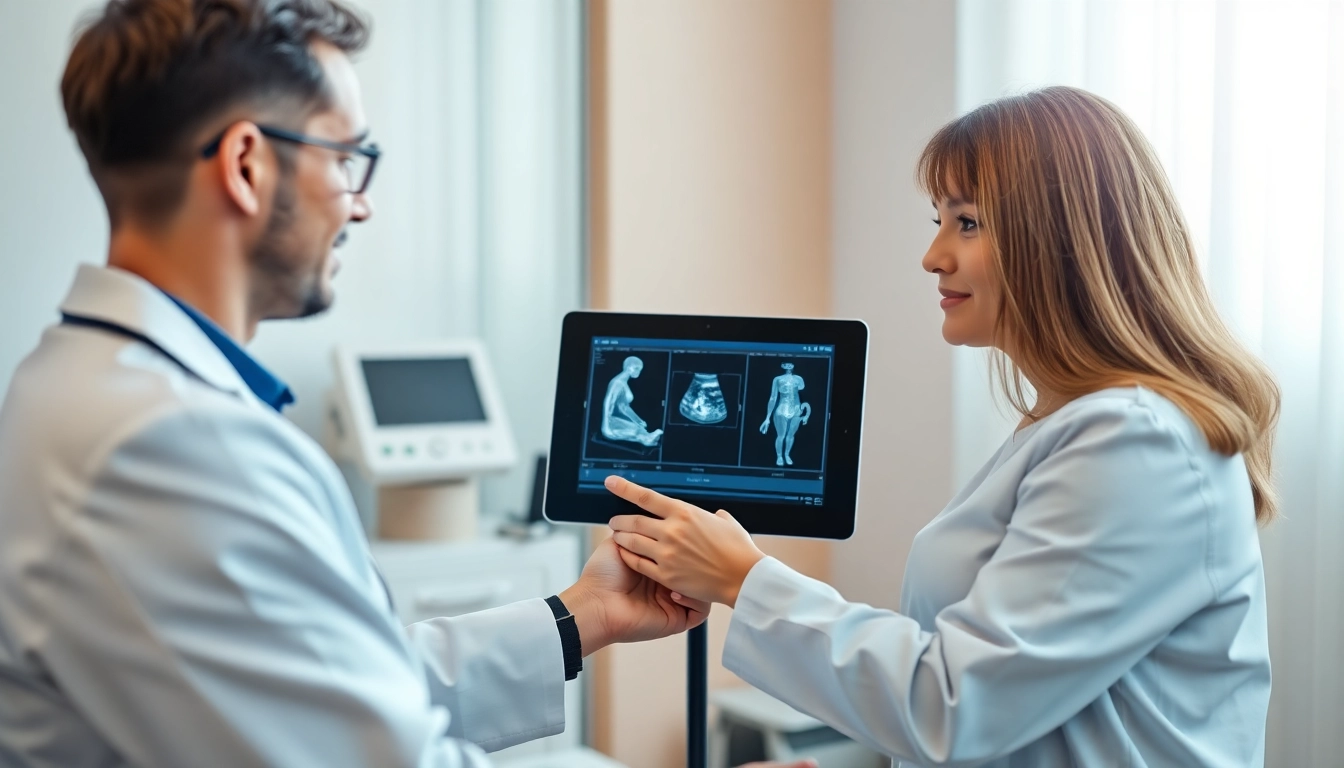Understanding Addiction: Signs, Causes, and Early Detection of treatment for drug addiction
Drug addiction continues to be a pressing public health issue across Ukraine and worldwide, with alarming statistics indicating that approximately 1.5 million people are affected by substance use disorders in Ukraine alone. The growth rate of addiction cases yearly ranges from 8% to 10%, and critically, the age of first drug use is decreasing among youth, making early intervention more vital than ever. The complexity of addiction stems not only from physiological dependence but also from profound behavioral, psychological, and social dimensions. Recognizing the early signs of dependence is crucial in encouraging timely treatment and preventing long-term detrimental consequences.
Effective intervention begins with understanding how addiction manifests, both behaviorally and physically. This knowledge empowers families, healthcare providers, and individuals to identify problematic patterns before they become unmanageable. Early detection, coupled with professional treatment, notably at specialized centers like the center for treatment for drug addiction in Kyiv, significantly improves recovery prospects and reduces social costs associated with addiction.
Identifying Behavioral and Physical Signs of Drug Dependence
Behavioral Indicators
- Sudden changes in social circle, withdrawing from family and friends
- Neglecting responsibilities at work, school, or home
- Disappearance or loss of interest in hobbies and activities
- Unexplained secrecy, lying, or evasiveness
- Engaging in risky behaviors or risky environments
- Noticeable mood swings, irritability, or agitation
- Increased secrecy about whereabouts and possessions
Physical Signs
- Bloodshot eyes, dilated pupils, or sudden weight changes
- Unusual odors on clothing or breath
- Track marks, bruises, or skin changes
- Frequent nosebleeds (common with snorting drugs)
- Neglected personal hygiene
- Signs of fatigue or hyperactivity
Psycho-emotional Signs
Individuals may exhibit paranoia, hallucinations, or paranoia, and often display symptoms of anxiety, depression, or agitation. Recognizing these early features can help initiate prompt intervention, mitigating the risk of escalation into severe addiction or overdose.
Common Causes and Risk Factors for Drug Addiction
Understanding why addiction develops is fundamental in crafting effective preventive strategies. Several factors contribute to substance dependency, including genetic, psychological, social, and environmental influences.
- Genetic Factors: Family history of addiction increases susceptibility due to inherited neurobiological vulnerabilities.
- Psycho-social Stressors: Exposure to trauma, abuse, or neglect often correlates with higher addiction risks.
- Poor Mental Health: Conditions such as depression, anxiety, or personality disorders can predispose individuals to self-medicate with substances.
- Peer Pressure and Environment: Being in environments where drug use is normalized or encouraged significantly elevates risk.
- Availability of Substances: Easy access to drugs, especially among youth and in certain social circles, facilitates initiation and continuation.
- Lack of Awareness and Education: Insufficient knowledge about the dangers of drugs can lead to experimentation and eventual dependence.
Preventive efforts focused on education, community engagement, and early support can significantly reduce the likelihood of addiction, emphasizing the importance of comprehensive public health strategies in Ukraine and regions like Kyiv.
Early Intervention: When and How to Seek Treatment
Timely recognition of addiction’s early symptoms is critical in preventing its progression. Initiating treatment at the initial stage enhances the likelihood of successful recovery owing to less entrenched dependence and fewer co-occurring psychological issues.
When a person exhibits the signs listed above, especially within the context of increased biological risk factors or environmental exposure, professional help becomes paramount. Early treatment involves a thorough medical assessment by qualified specialists at centers such as the Kyiv rehabilitation center “Troitsky”. It often begins with motivational interviewing and psychoeducational sessions aimed at fostering acknowledgment of the problem.
It is equally important to address denial and resistance, common among addicts, through interventions conducted by certified psychologists and addiction specialists. The goal is to gently move the individual toward acceptance of the need for professional treatment, emphasizing confidentiality and personalized care options.
Step-by-Step Guide to Effective Treatment for Drug Addiction in Kyiv
Stage 1: Detoxification and Stabilization Techniques
The first phase of treatment involves safely detoxifying the body from drugs and stabilizing the physiological state of the patient. This is essential to break the physical dependence and prepare the individual for further psychological therapy.
In Kyiv, specialized clinics, including the center “Troitsky”, employ scientifically validated detox methods such as classical detox or ultra-rapid detox (UROD), under close medical supervision. These procedures involve placement of IV infusion lines delivering detoxifying agents, vitamins, hepatoprotectors, cardiovascular medications, and sedatives, tailored to the patient’s specific needs.
Crucially, detox is not merely about eliminating the substances but also about managing withdrawal symptoms, which can range from mild discomfort to severe medical emergencies. The involvement of experienced addiction medicine physicians ensures safety and efficacy during this stage.
Equally important is the psychological intervention that begins during detoxification. Recognizing the dependency, understanding its roots, and preparing patients mentally for reconstitution form the backbone of a successful detoxification process.
Stage 2: Psychological Therapy and Motivation Reinforcement
Post-detox, the individual faces psychological and emotional challenges, including craving management and underlying issues such as trauma, low self-esteem, or familial conflict. Addressing these effectively requires comprehensive psychosocial therapies.
In Kyiv centers, evidence-based approaches like cognitive-behavioral therapy (CBT), the “12-step” program, and motivational interviewing are employed. These techniques help individuals understand their addiction triggers, develop coping strategies, and build resilience against relapse.
Family therapy plays an integral role, fostering increased support and understanding from relatives, vital for sustainable recovery. The goal is to reinforce the patient’s motivation and equip them with skills to navigate life’s temptations post-treatment.
Long-term Rehabilitative Strategies and Relapse Prevention
The final phase emphasizes long-term stabilization, social reintegration, and relapse prevention. Patients participate in structured programs that include group therapy, vocational training, cultural activities, sports, and life skills development.
A key component is the ongoing psychosocial support system, including peer support groups modeled on the “12-step” principles, which foster accountability and community solidarity. Continuous monitoring, aftercare services, and periodic assessments are critical for maintaining sobriety and adjusting treatment plans as needed.
Innovative Methods and Proven Approaches at Kyiv’s Leading Rehabs
Medication-Assisted Treatments and Cognitive Behavioral Therapy
Modern addiction treatment extensively leverages pharmacotherapy to address chemical dependencies, especially for opioids, methadone, and other substances. Combining medication with cognitive-behavioral therapy enhances the effectiveness by reducing cravings, alleviating withdrawal symptoms, and modifying thought patterns conducive to relapse.
In Kyiv, clinics follow globally recognized protocols, including individualized medication plans alongside evidence-based psychotherapies, adding a crucial layer of support tailored to each patient’s specific needs.
Holistic and Alternative Therapies Supporting Recovery
In addition to conventional treatments, holistic approaches such as art therapy, music therapy, mindfulness, yoga, and physical activities contribute significantly to mental and emotional restoration. These methods help reduce stress, improve self-awareness, and foster a balanced state of mind necessary for long-term sobriety.
Centers like “Troitsky” incorporate these modalities within their comprehensive programs, promising a more rounded and resilient recovery experience.
Success Stories and Evidence-Based Results
Numerous case studies highlight that patients undergoing structured, multidisciplinary treatment programs in Kyiv experience high success rates, especially when long-term follow-up and support systems are in place. These success stories underscore the importance of personalized treatment strategies, continuous motivation, and family involvement.
Cost, Confidentiality, and Accessibility of Treatment for Drug Addiction in Kyiv
Pricing Structures and Affordable Options
The cost of treatment in Kyiv varies depending on the chosen program, duration, and level of specialized care. Transparent pricing models at centers like “Troitsky” aim to meet diverse financial capabilities, offering options ranging from standard detox to long-term rehabilitation packages.
Investing in quality treatment, which includes medical intervention, psychological support, and social reintegration, is crucial for sustained recovery. Often, private centers also provide flexible payment plans, sliding scales, or assistance programs to increase accessibility.
Ensuring Anonymity and Privacy for Patients
Confidentiality is a cornerstone of effective addiction treatment. Reputable clinics in Kyiv prioritize patient privacy, complying with strict data protection standards. Patients can seek help without fear of social stigma or discrimination, encouraging more individuals to pursue treatment early.
Anonymous programs, including discreet admissions and protected communication channels, are readily available, ensuring safety and trustworthiness in care delivery.
How to Start Your Journey to Sobriety Now
The pathway to recovery begins with a simple step: reaching out. Contact professional centers like “Troitsky” for a free consultation, where personalized treatment plans are developed based on individual needs. Early engagement significantly impacts the success rate, making it imperative to seek help at the first signs of dependence.
Support and Resources: How Our Center Guides You to Overcome Drug Dependence
Expert Consultations and Personal Treatment Plans
Our team of highly qualified narcologists, psychotherapists, and social workers develop tailored treatment strategies that consider the patient’s medical history, psychological state, and social circumstances. This individual approach maximizes the chances of long-term recovery.
Family Support and Community Integration
Rehabilitation does not end with medical treatment; community reintegration and family involvement are crucial for sustained sobriety. We offer family counseling, educational workshops, and support groups to foster understanding and resilience within the patient’s support network.
Educational Materials and Ongoing Care
Continuous education about addiction, relapse signs, and coping mechanisms empowers patients and their families to maintain progress. Our aftercare programs include follow-up therapy, support groups, and relapse prevention workshops, ensuring ongoing commitment to sobriety.




